In the current era of globalized economy, when generative AI such as ChatGPT lies right before you in a browser window, it is hard to resist the temptation to outsource menial writing work, such as a cover letter, to the AI. AI can crank out a well-worded letter after a couple of lines of instruction in under a minute. But despite its convenience and finesse, blind trusting ChatGPT might do more harm than good. But first, do yourself a favour, and read what you should know about the actual strengths, weaknesses, and risks of AI-generated cover letter.
A Brief Guide to Construction Jobs

The Temptation of Instant Professionalism
It appears that ChatGPT is a panacea on the face of it. It uses plain English, does not make grammatical errors and easily pretends to be a formal language. That saves a ton of time, particularly when one is submitting to several jobs. Even ChatGPT can be a lifeline in pitching yourself to anyone who is a non-native English speaker or a career switcher who is not sure how to start pitching.
However, along with the ease of use, there exists a trap: cover letters written by an AI begin to sound too much alike. Recruiters (particularly those in the tech, marketing, or media field) have already become experienced in reading applicant applications generated by AIs. What looked initially sharp now risks coming across as robotic. If your letter can be copied and pasted into any job, it will go unseen.
Why Generic Letters Undermine You
A cover letter is not just a professional courtesy—it’s your opportunity to say something your résumé can’t. It has to demonstrate your enthusiasm, your knowledge of the objectives of the company and the value you can offer to the job in a unique way. Such precision can be obtained only when you provide AI-based tools, such as ChatGPT, with detailed and exclusive information.
More often than not users give ChatGPT a general prompt such as: “Write a cover letter applying to a job in marketing at Google.” The result? One that tells nothing new: I am writing to indicate that I am interested in the marketing job in your awesome company. That sentence has been read by recruiters thousands of times. The AI does not know your background, your enthusiasm for digital campaigns, or the moment when you led a social media initiative that increased engagement by 300%. That’s what matters—and that’s what only you can provide.
The Illusion of Personalization
Even when you refer to specific resume data or job listings, ChatGPT is nonetheless trained to generalize. It tries to sound personal but has zero knowledge of you unless you manually enter data into it. And even then, it tends to over-tweak your achievements or fabricate traits you never claimed. AI is not evil—it is trying to optimize for sounding plausible.
That can lead to subtle but destructive missteps. For example, it might say you’re “strongly interested in machine learning” for a data analyst position if your background is in traditional statistics. It might mention skills in the job description that you’ve never used. You’ll get caught in these falsehoods by recruiters—and they might assume you’re padding your qualifications.
What ChatGPT Can Do Well (If You Use It Right)
That is not to advise you never to use ChatGPT. The device can be a treasure—if you treat it as a writing helper, not an Automated Writing Machine.
This is how to do it wisely:
1. Write with specifics: Provide ChatGPT very specific bullet points—real projects, achievements, and motivators. The more concrete the input, the more potent the result.
2. Use it for tone and format: Struggling with where to start your letter or wrap it up well? Let ChatGPT give you some ideas for wording or transitions. Just paste these lines and rephrase them in your own words.
3. Edit brutally: Use the AI-generated letter as a rough draft. Rewrite sentences that sound too formal, cut out blandly flattering phrases, and insert your own words.
4. Catch hallucinations: AI sometimes makes things up. Check every statement against fact.
Used this way, ChatGPT is more like a sounding board or editor—helpful, efficient, but not your message’s guardian.
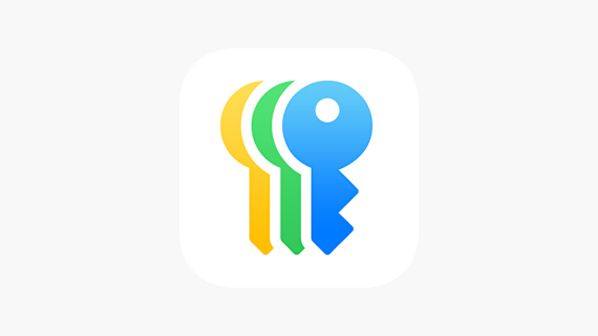

Guess you like
-
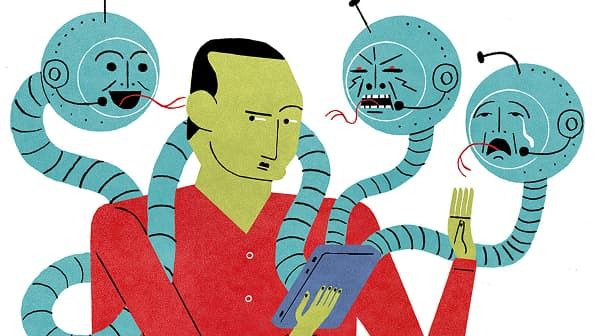
Why Chatbots Make Things Up Now and Then and What That Portends for Us
-
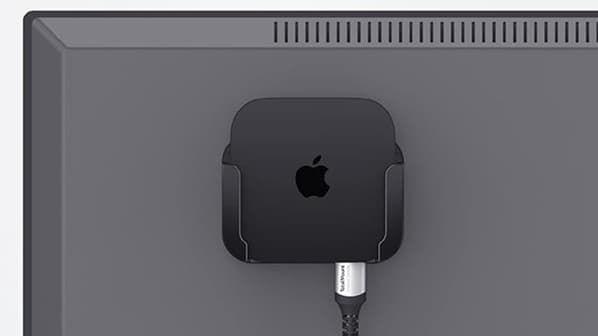
5 Essentials for Maximum Streaming on Apple TV
-

5 Brilliant Protection Tips with Your Phone Data
-

Gaming Laptops vs. Desktop PCs: Which Is Truly Best for Gaming?
-
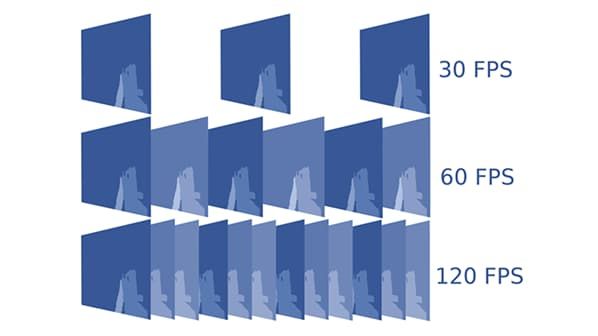
How to Truly Track Frame Rates in Games
-
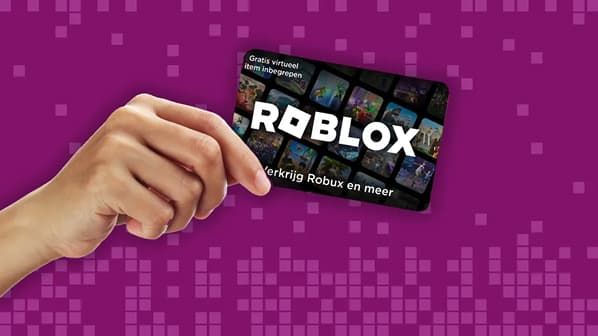
A Clear Guide to Redeeming a Roblox Gift Card Safely
Trending
-
 1
1The Second-Hand PC Revolution: Why New Hardware Has Become Unaffordable
-
 2
2How Meta AI Revolutionizes Social Interaction Across Billions
-
 3
3Why Engines Misfire: A Clear Guide to Cylinder Problems and Practical Fixes
-
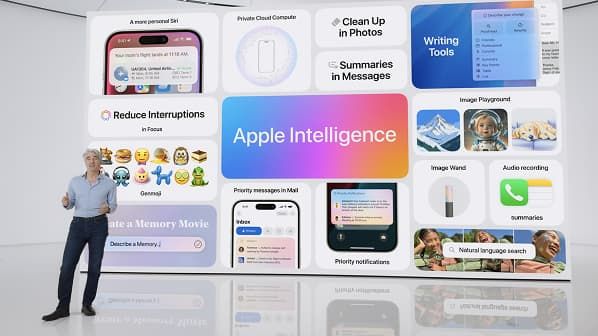 4
4The Definitive Guide to Apple Intelligence Revolution
-
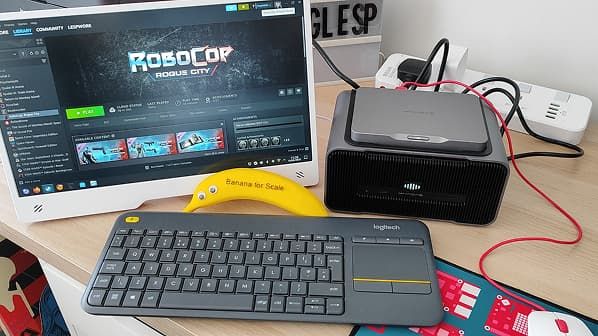 5
5From Gaming Handhelds to Data Centers: How Meta Reworked Linux CPU Scheduling
-
 6
6A Clear Guide to Redeeming a Roblox Gift Card Safely


